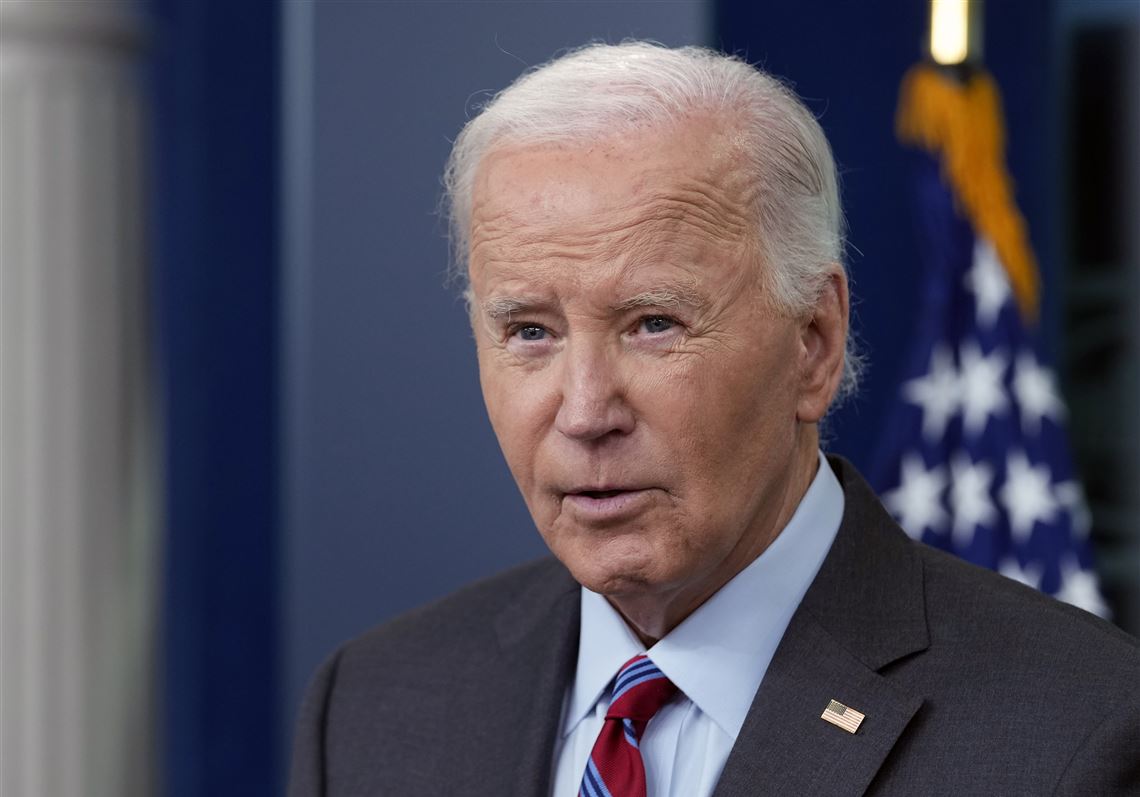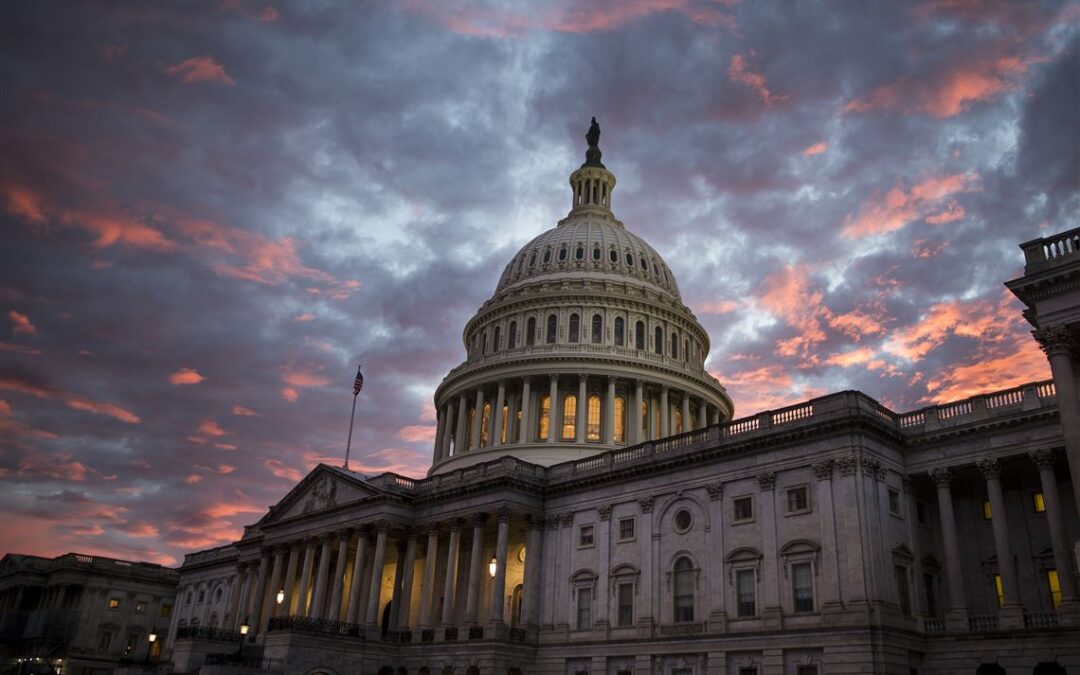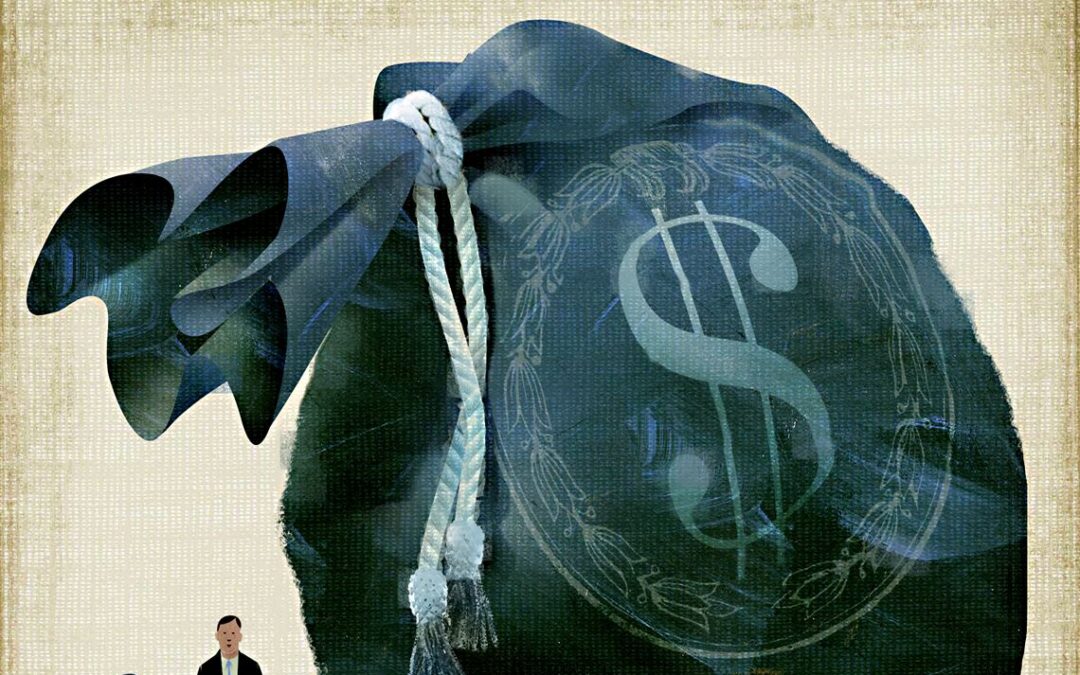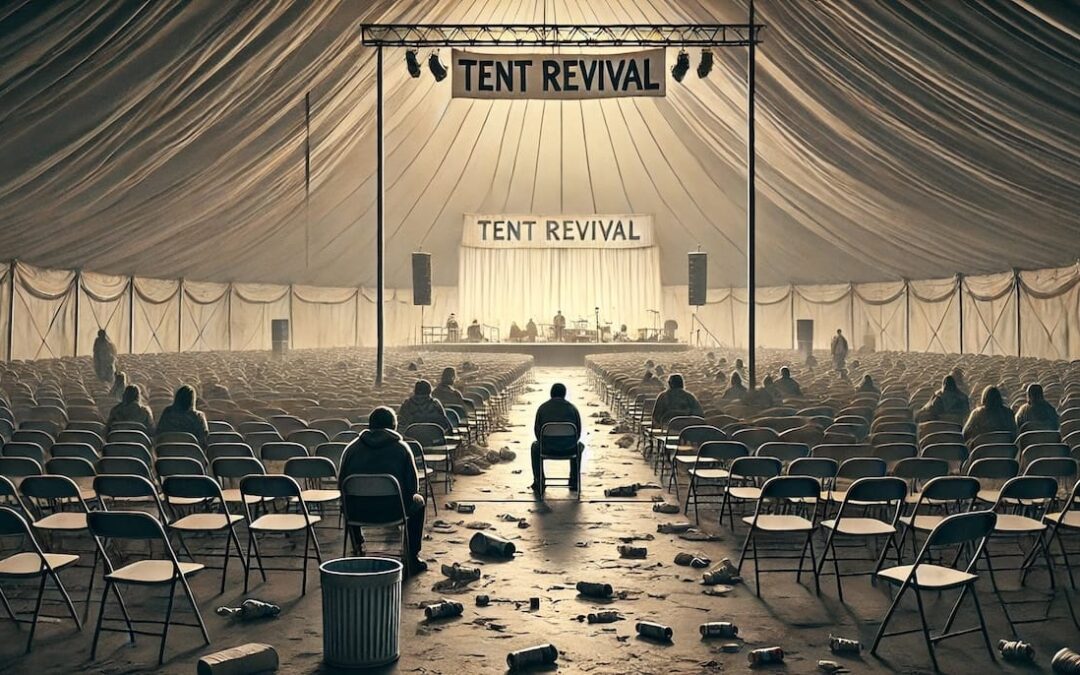This was my Monday column in the Pittsburgh Post-Gazette.
Bruce Ledewitz: Mr. President: Pardon Donald Trump
Special to the Post-Gazette
Nov 11, 2024
5:30 AM
In the interest of national unity and to protect the rule of law, President Joe Biden should take a magnanimous step and pardon President-elect Donald Trump regarding two federal criminal cases — the 2020 election obstruction case and the classified documents case.
Clearly, these two cases are not going forward. The documents case is on appeal over the constitutionality of the appointment of special counsel Jack Smith. The election interference case is pending while Federal Judge Tanja Chutkan decides whether the superseding indictment filed in August satisfies the recent U.S. Supreme Court Presidential immunity decision.
A country of laws
Reportedly, Smith is winding down the two cases on the assumption that they will not be tried. Trump has promised to fire him on his first day in office. Trump would then presumably order the Justice Department to dismiss the two cases.
Dismissing two criminal cases against Trump simply because he won the Presidential election would be the worst possible outcome in terms of the rule of law. Half or more of the country believes that Trump is guilty in these cases — it may be that even many of Trump’s supporters believe him to be guilty.
A power play that leaves these criminal matters unresolved is not a proper way for the new administration to begin in Washington. If we are a country of laws, why should a criminal defendant be allowed to decide whether his criminal case goes forward?
But Biden can change all that. The pardon power is part of the rule of law. It does not imply that a person is innocent of criminal charges, only that there are compelling reasons why that person should not be charged, or convicted.
In this instance, Biden could simply acknowledge the sovereign decision of the American people that Trump is the person they wish to lead them for the next four years. A presidential pardon honors that judgment.
Biden should not only pardon Trump but also the six unnamed co-conspirators mentioned in the indictment. These six are rumored to be Rudy Giuliani, John Eastman, Sidney Powell, Jeffrey Clark, Kenneth Clark and, not so clearly, Boris Epshteyn. It would not be fair to pardon Trump while leaving those who faithfully served him in legal limbo.
A better place
A pardon would mean that criminal cases would not be dismissed simply as the act of a lawless president. With Trump pardoned, the cases would be dismissed as moot, which is a normal part of the operation of federal judicial authority.
It is not entirely clear that Trump would accept a pardon even if one were offered. Acceptance of a pardon is usually regarded as an admission of guilt. Trump of course would be loath to do that.
On the other hand, dismissing the cases carries problems too. The Justice Department would not want to leave unchallenged the decision holding the appointment of a special prosecutor unconstitutional. Nor is it clear, even with Trump as President, that the Justice Department would be ready argue to Judge Chutkan that the election obstruction case against Trump should not have been filed in the first place.
A pardon eliminates all such concerns. Trump might decide that it would be easier to accept the pardon and characterize it as a surrender by Democrats.
That would gall Democrats, as would the prospect of a Trump pardon in any event. But a pardon is not a surrender. Issuing it would help heal the divisions in the country. I argued the case for a presidential pardon back in June 2023 on similar grounds.
Biden’s failure to pardon Trump then only solidified Trump’s hold on the Republican Party. The criminal cases effectively forced all potential Republican opponents to rally around Trump. If Biden had pardoned Trump, Trump might not have become the Republican Party nominee and the country today would be in a vastly better place, whoever had won the presidential election.
The right thing to do
How would a pardon affect the other criminal cases pending against Trump? A federal pardon would not directly affect either the Georgia election obstruction case, or Trump’s felony conviction in the New York falsification of business records case. Federal and state judicial systems are separate.
However, a federal pardon would probably still influence both cases. The Georgia case is bogged down over the issue of whether District Attorney Fani Willis can continue to prosecute given the propriety of her appointment of the special prosecutor in the case. That issue is now on appeal. Given Trump’s election, it was speculated that the case might just disappear. A federal pardon would make that outcome more likely.
In New York, Trump faces sentencing by Judge Juan Merchan on Nov. 26. There is already widespread speculation that the sentencing hearing will be called off because of Trump’s election. Sentencing a president-elect raises serious issues of federal-state authority. A federal pardon makes that outcome even more likely.
Fifty years ago, President Gerald Ford pardoned former president Richard Nixon. It was controversial, but it aided the country’s recovery from division. It was the right thing to do then. It is the right thing to do now.
Bruce Ledewitz is a professor of law at the Thomas R. Kline School of Law of Duquesne University. His previous article was “History’s most fiscally irresponsible presidential election.” The views expressed do not represent those of Duquesne University.
First Published: November 11, 2024, 5:30 a.m.






0 Comments